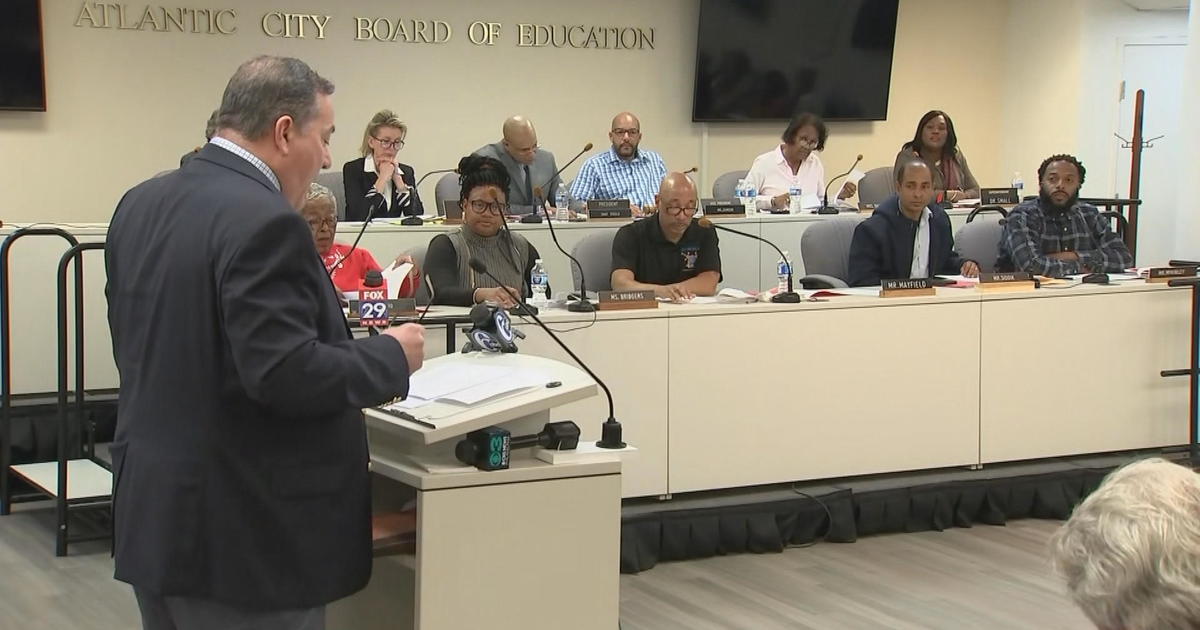SCOTUS Tosses Woman's Chemical Weapons Conviction In Lansdale Love Triangle Case
By Tim Jimenez
PHILADELPHIA (CBS) -- The nation's highest court issued a ruling on a case involving a Lansdale microbiologist who tried to poison her husband's mistress. She was convicted on federal chemical weapons charges but the Supreme Court unanimously ruled on Monday that the feds overreached.
Carol Anne Bond spent six years in prison after she was convicted in 2007 on two counts of mail theft and two counts of possessing and using a chemical weapon. Federal prosecutors said she was in violation of the 1997 international Convention on Chemical weapons which the United States implemented in 1998.
"The (Supreme Court) said it was a step too far," said Temple law professor Peter Spiro.
The court, on Monday, issued their ruling on Bond v. United States. It was a unanimous decision that prosecutors overreached and the crime didn't fit the charges. Chief Justice John Roberts, joined by Justices Kennedy, Ginsburg, Breyer, Sotomayor and Kagan, wrote the majority opinion. "We accordingly conclude that (the treaty or Congressional act that implemented it) does not cover the unremarkable local offense at issue here."
In 2006, Carol Anne Bond's closest friend announced she was pregnant. Eventually, Bond found out that her husband was the child's father and she was seeking revenge. In 2007, she admitted she took 10-chloro-10H-phenoxarsine from work and ordered potassium dichromate, which is used in photo printing and cleaning lab equipment. She used a concoction, not to kill her husband's mistress, but to give her a rash. She put the mildly toxic powder on the victim's mailbox, car door and door knob and the woman ended up with a minor burn on her thumb.
Spiro calls this a "freak case" that certainly did not involve a threat to national security.
"It's still not clear why federal prosecutors decided to pursue this case under this statute. It's never been applied to this kind of case before. It will never be applied to this case again," he said. "But (the ruling) doesn't constrain the federal government in any major kind of way."
Justice Antonin Scalia, joined by Justices Thomas and Alito, wrote the concurring opinion.
"He would have confronted a broader question that was at stake in the case and that was whether the federal government has the power, through the treaty clause of the constitution, to enact criminal statutes that it would otherwise have no authority to enact," Spiro said. "The majority's opinion, in effect, ducks that question, ruling very narrowly to apply to this case only."
Roberts also touched upon the use of chemical weapons in the past citing "Iraq's use of nerve agents and mustard gas" during its war with Iran and "In 1994 and 1995, long-held fears of the use of chemical weapons by terrorists were realized when Japanese extremists carried out two attacks using sarin gas." A far cry, in the court's opinion, from this Lansdale love triangle.



